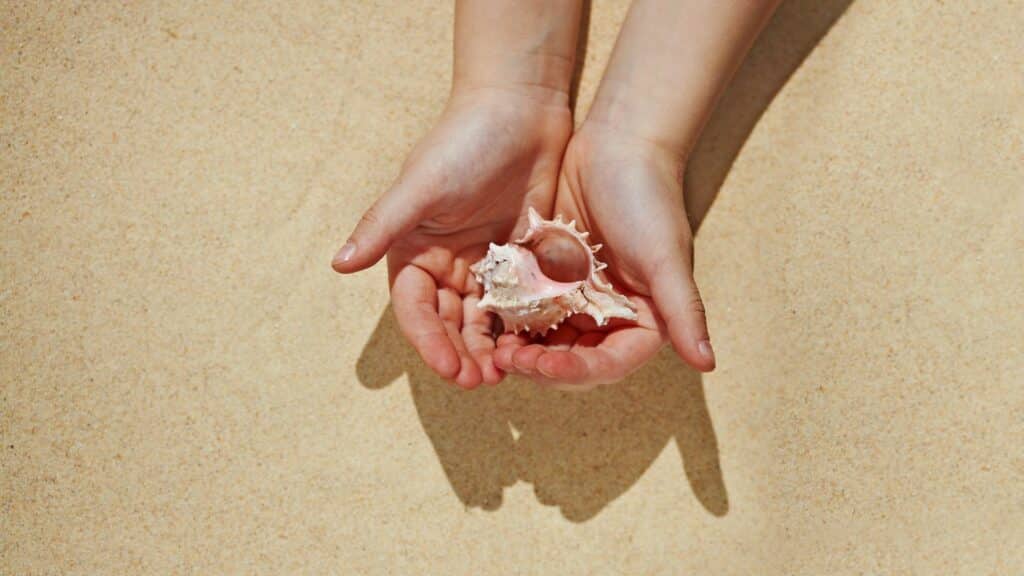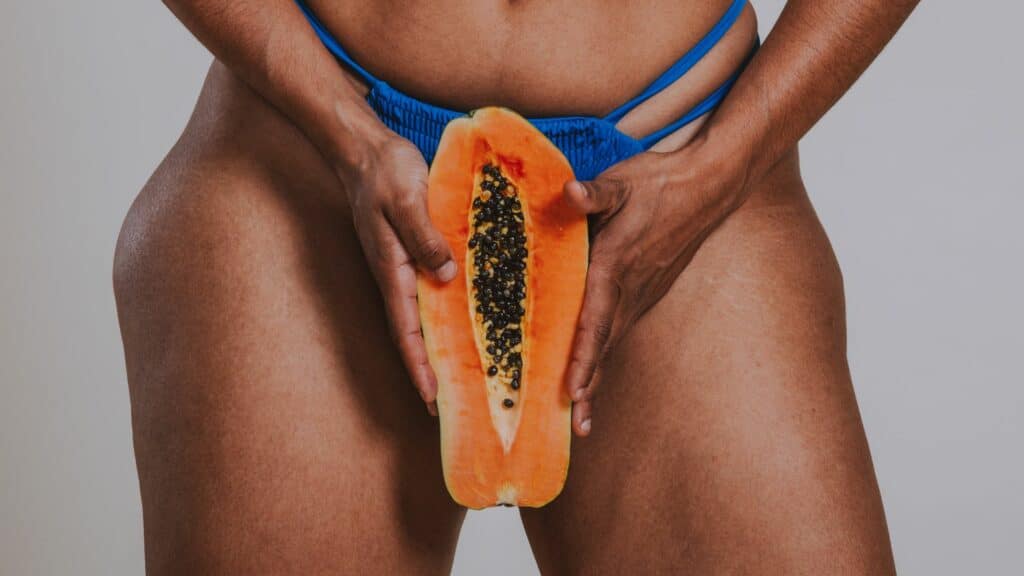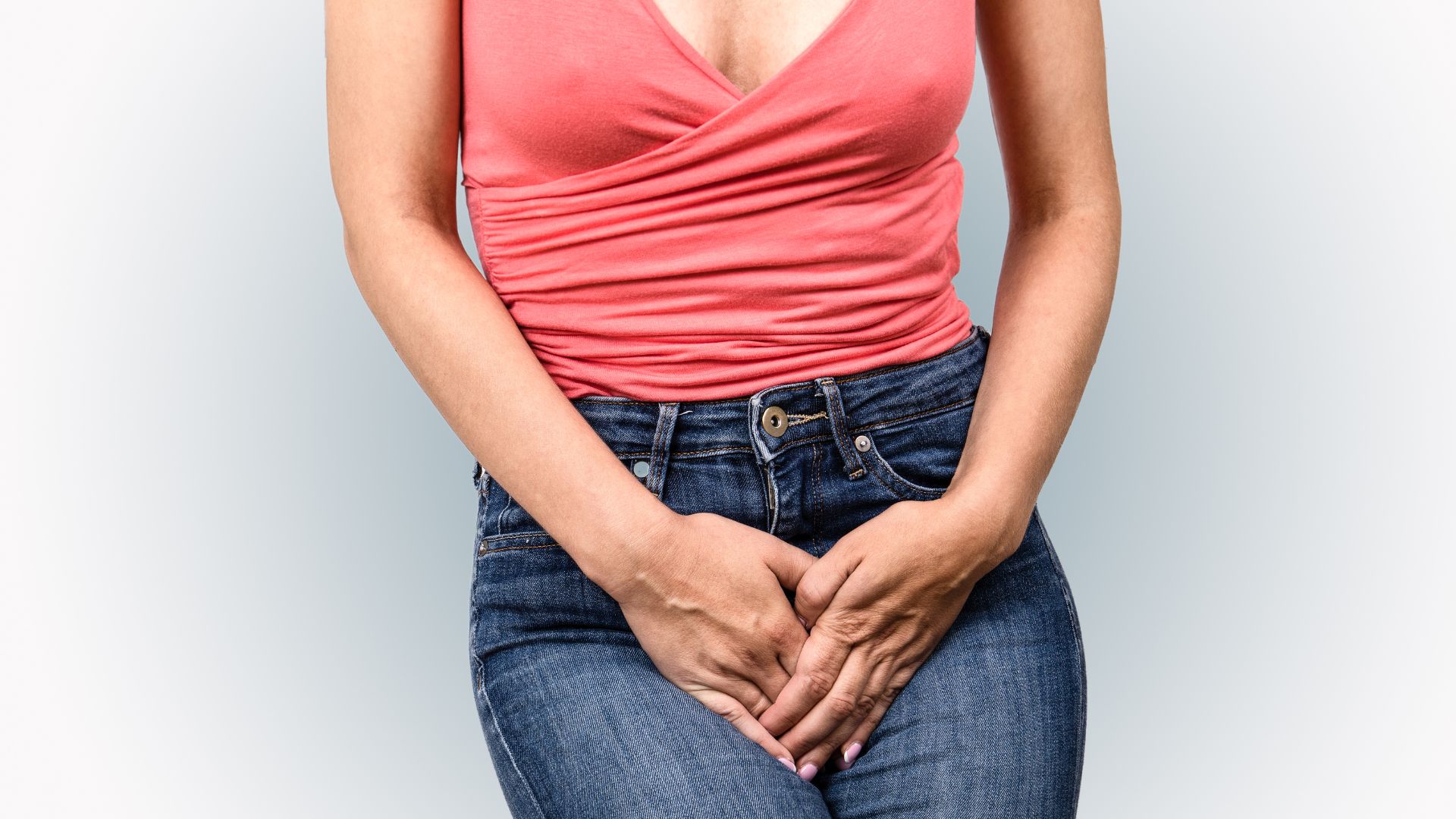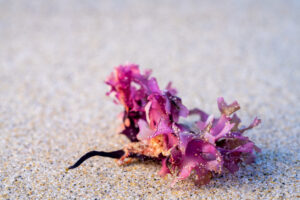Many of us have come to accept that womens health issues such as dryness, infections, cervical dysplasia and pain in the vaginal canal are all normal parts of being a female. But what if I told you this does not have to be your reality? There is a great deal you can do to control and prevent vaginal infections, make intercourse and sexual experiences less or not painful at all, and even heal and prevent cervical dysplasia.
Some issues commonly experienced by women are, vulvovaginitis, vaginismus, bacterial vaginosis, and yeast infections. Women may also experience cervical dysplasia caused by HPV, and gential lesions from HSV.
Because the above issues are so common in society, they are rarely taken seriously in the medical community, but for most of us women, they do impact our quality of life and our ability to be our true authentic selves.
Here are 5 steps to a healthier “down there”
Lifestyle
Oral contraceptive use
Many women rely on oral contraceptives for a variety of hormonal-related issues, as well as for contraception. While the pill is an important part of many of our personal lives, there are some negative implications to our vaginal and cervical health that come with taking them. For example, oral contraceptives that contain estrogens can increase incidence of yeast infections. Additionally, oral contraceptives increase your risk for worsening HPV-related symptoms. Though the research is still blurry when it comes to how birth control can increase cervical cancer risk, we do know that taking oral contraceptives depletes many key nutrients that are required to help us keep our HPV inactive. The pill can deplete riboflavin, vitamin B6, folic acid, vitamin C, and zinc. We know these nutrients are important players in supporting the immune system and some have even been specifically linked to HPV.
Moreover, the birth control pill is also known to alter the gut microbiome. The pill may increase leaky gut, dysbiosis, and candida overgrowth. A healthy gut is another foundation for our immune and overall health. Impairing this system can have a widespread impact on the rest of the body. Finally, certain types of birth control pills can affect your sex drive, impacting your intimacy, sexual health and ability to feel lubricated.
Vaginal ecology disruptors
Antibiotics, sanitary products like tampons and pads, and steroid-use can all impact our vaginal health and microflora. The good news is we can reduce or avoid these environmental triggers. Antibiotics, while incredibly necessary and helpful when needed, can do immense damage to the vaginal microbiome. By keeping our immune system healthy (by using the tips from our blogs), you can hopefully prevent chronic infections that require antibiotics.
Sanitary pads and tampons typically contain harmful ingredients such as bleach, and can be avoided by purchasing organic 100% cotton ones, or switching to a menstrual cup or menstrual underwear.
Never, ever douche.
It’s 2023, let’s stop trying to convince women that their vagina’s should smell like flowers. Our vaginas are self-cleaning machines. All you need is water or a gentle soap on the vulva area (the area surrounding the vagina), and that is it. In fact douching your vagina changes the pH and can actually result in more infections and even a foul smell down the line.

Safe sex is enjoyable sex
We are all for practicing safe sex as a way to reduce viral transmission, the incidence of BV and UTI’s but also to prevent unwanted pregnancies. However, typical latex condoms and chemical laden lubes might be the sneaky reason behind your vaginal infections that seem to pop up every time you get intimate.
Skip the traditional brands and go natural where possible. Many lubes and condom companies are now offering “spermacide-free” condoms, and chemical-free lubes. Typical lubes can disrupt the vaginal flora and pH leaving us at a higher risk of developing vaginal infections.
Food
Food truly is medicine, and can help us prevent and handle all kinds of women’s health issues. Phytonutrients can help us with healthy vaginal tissue, lacto-fermented foods can help nourish our microflora, and balancing our blood sugar can help support vaginal ecology while also preventing recurrent HPV related flare-ups. Though I know it can be tempting to reach for the bottle of wine after a long day of work, we recommend skipping that glass when possible and opting for a sparkling water, or alcohol-free, low sugar option.

Herbs & Nutrients
Supplementation can be incredibly individual, however, Papillex was made with the intention of correcting the most common nutrient deficiencies found in women with HPV. These nutrients like folate, green tea extract and vitamin C have all been found to be extremely beneficial in women’s and general health, too. We also really like to add an omega 3 to our routine for reducing inflammation, and inhibiting the growth of HPV cervical cells. Finally, AHCC has been shown to clear even high-risk strains of HPV after several months of use. Talk to your health provider about what supplementation is right for you.
Mind-body connection
When it comes to starting your holistic healing journey, we believe the best approach includes a strong mind-body connection. More and more studies are finding a link between past traumas, adverse childhood events, and high levels of stress with vaginal infections and conditions like vaginismus. Dealing with these issues is likely the hardest but most important part of true healing.
If you had the chance to tune in to our instagram LIVE last week with women’s integrative health coach, Denell (@cervicalwellness) and founder of Papillex, @drgoldspink, they had an incredible and inspiring conversation about the psycho-emotional aspect of healing conditions like HPV and cervical dysplasia. If you did not get a chance to see it, head to our instagram this week to check it out.
Therapy
We are big advocates for talking it out. Therapy, a good partner, good friendships, online or in-person support groups, a good primary care provider, naturopathic doctor, pelvic floor therapist or healer of any kind can really help you with these intense but important breakthroughs that can hopefully kickstart your healing from all sorts of problems we see happening “down there”.
Sadly, there is a stigma around many of these conditions, so much so that I had to avoid using the term “vagina” in the title of this blog post. It’s time we start talking about these issues that so many of us face.
Interested in more tips of healing vaginal infections, cervical dysplasia, HPV and/or HSV? Follow us on instagram to continue the conversation.





